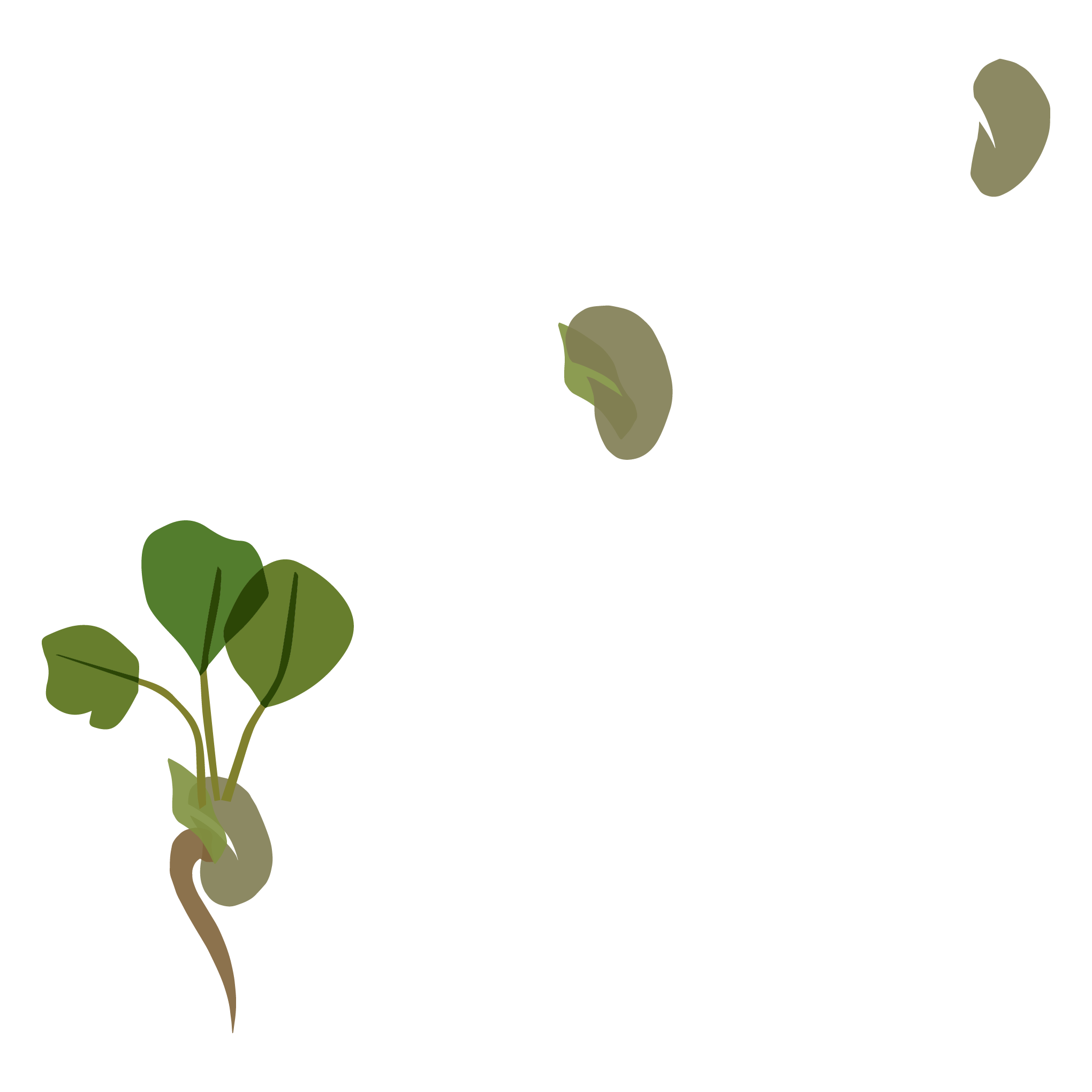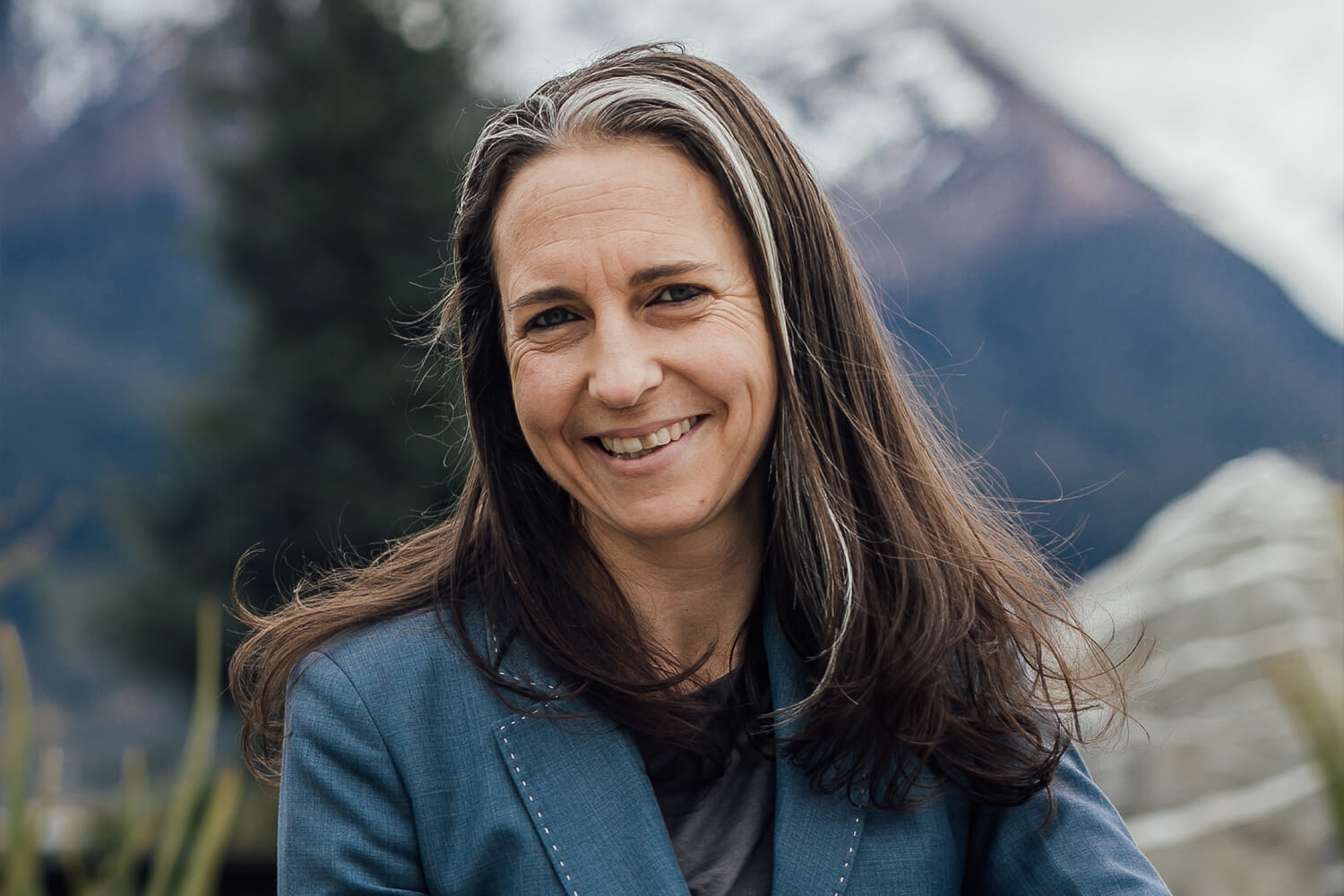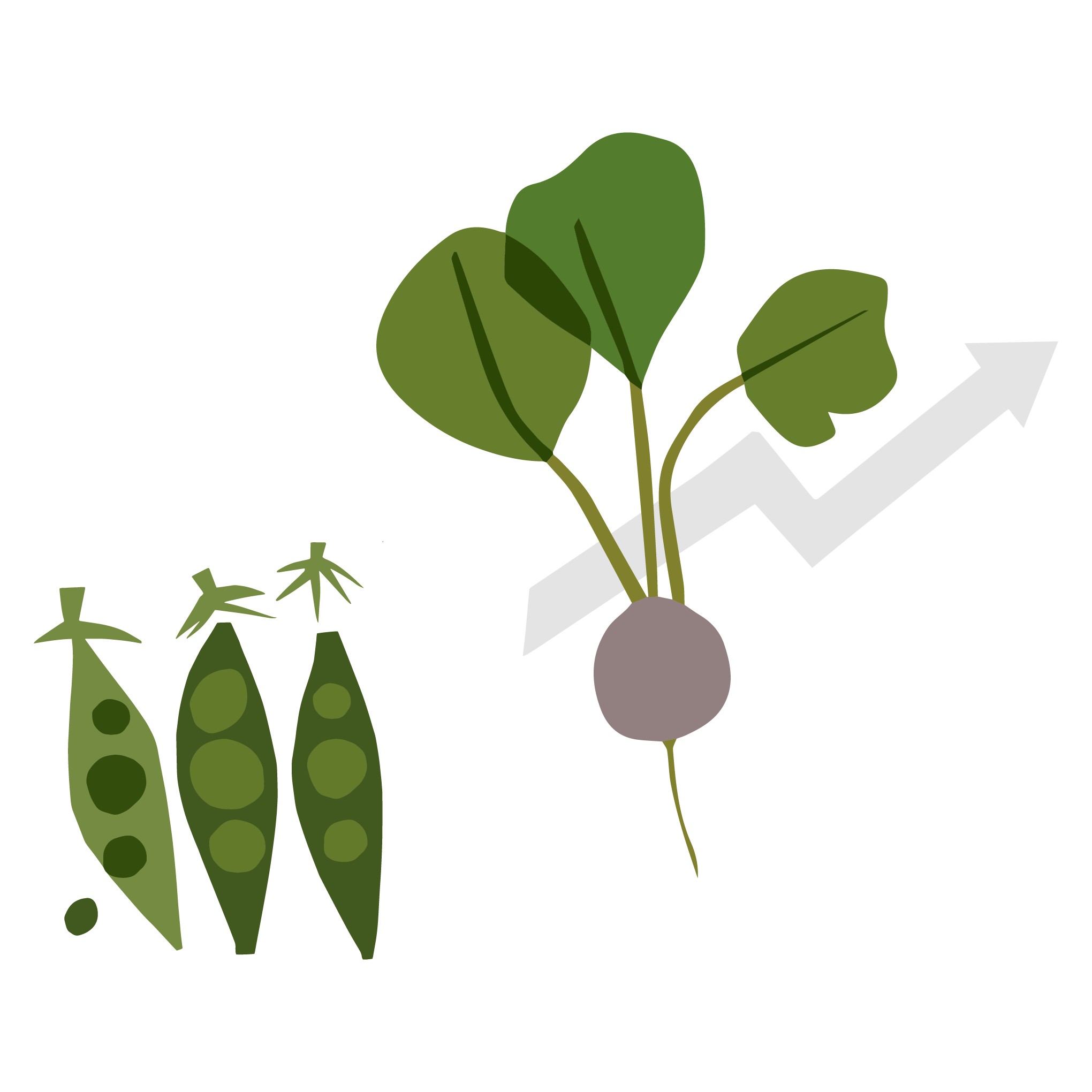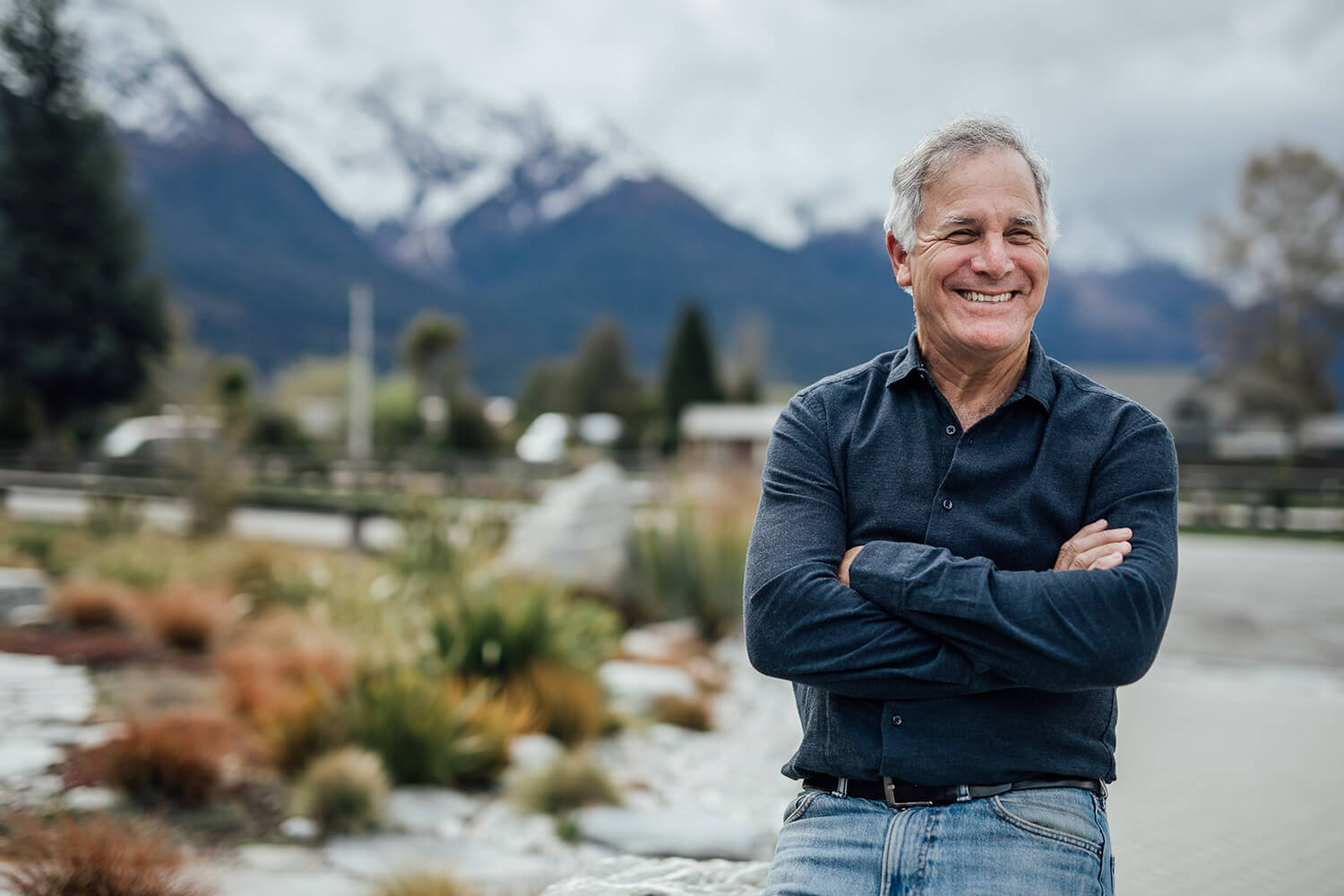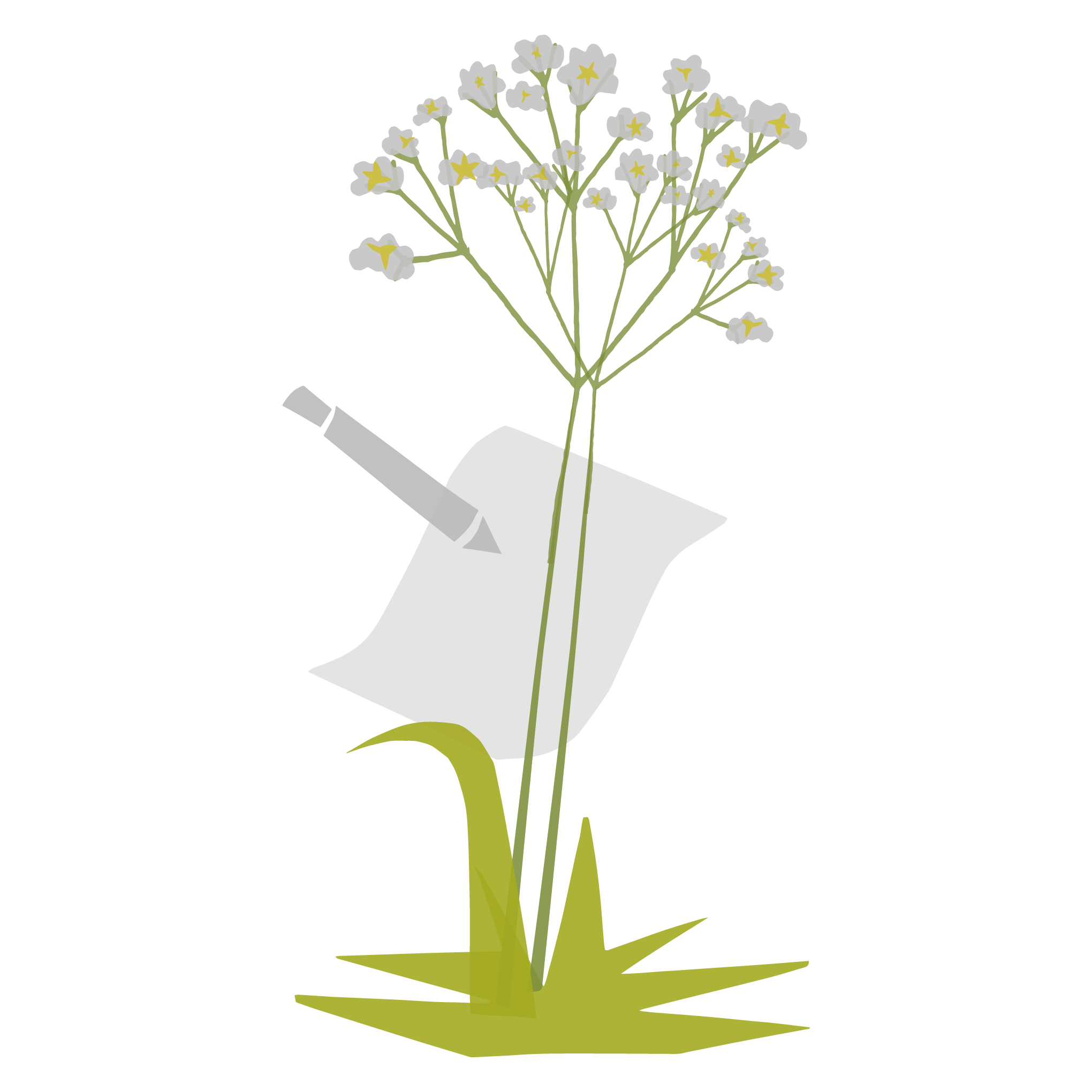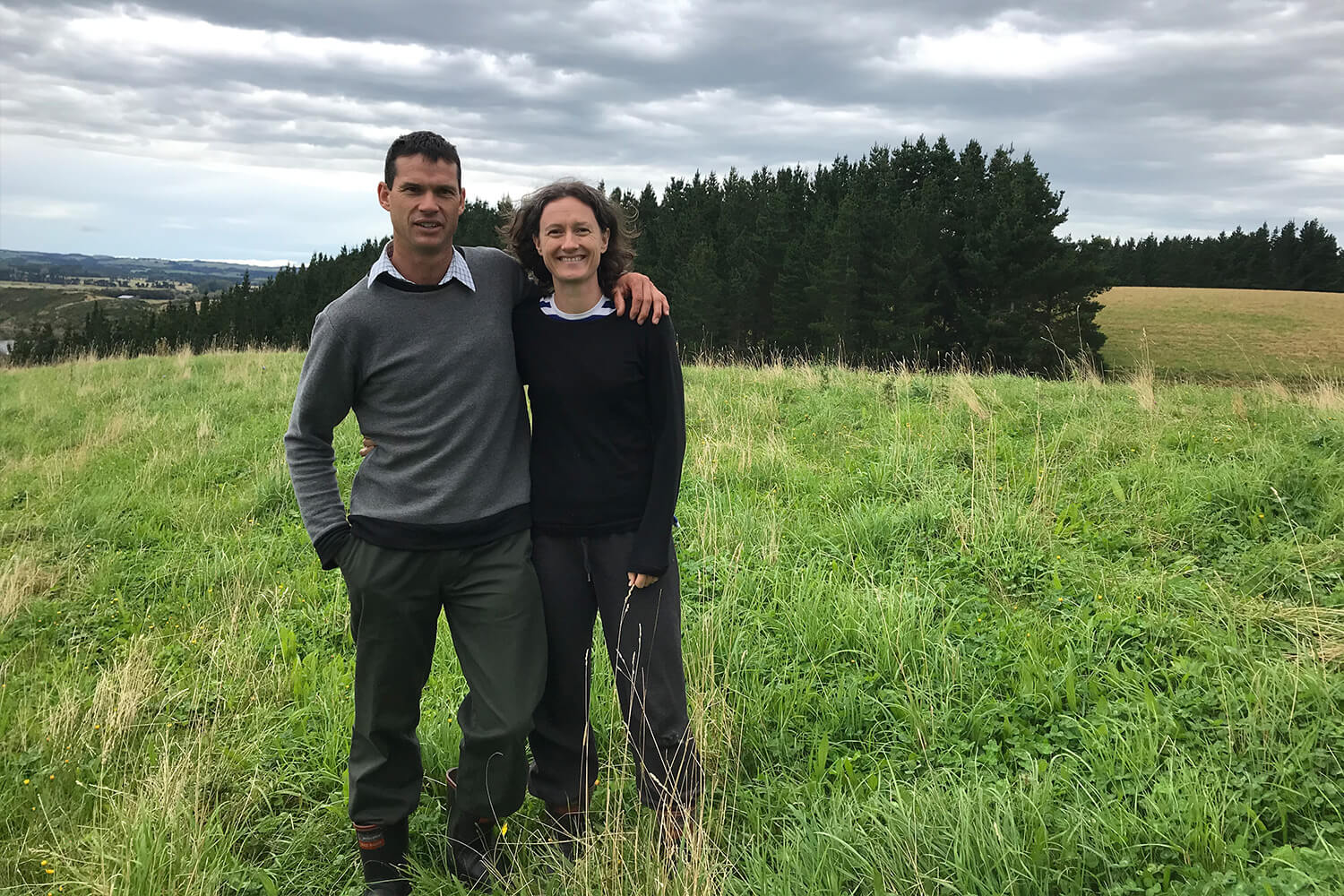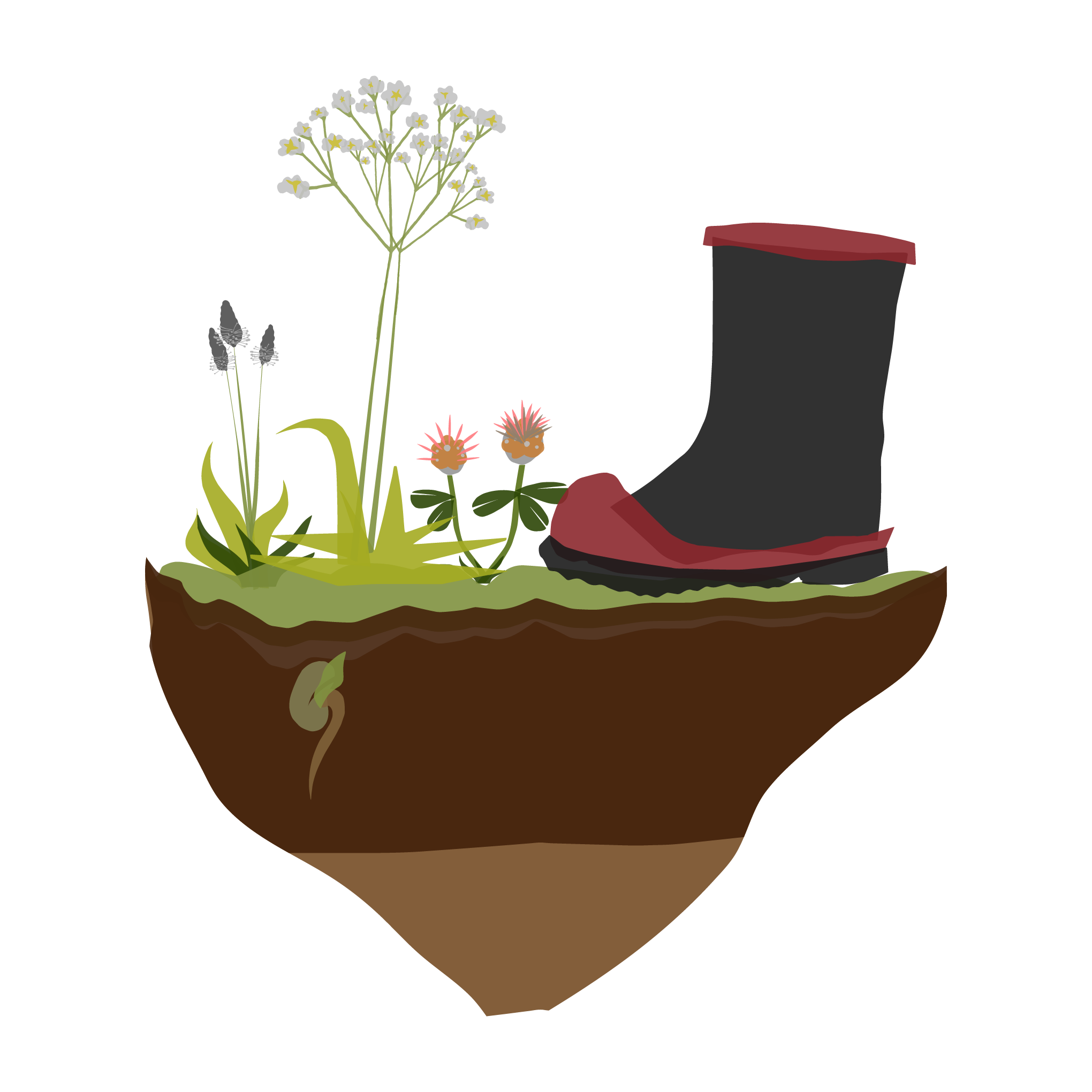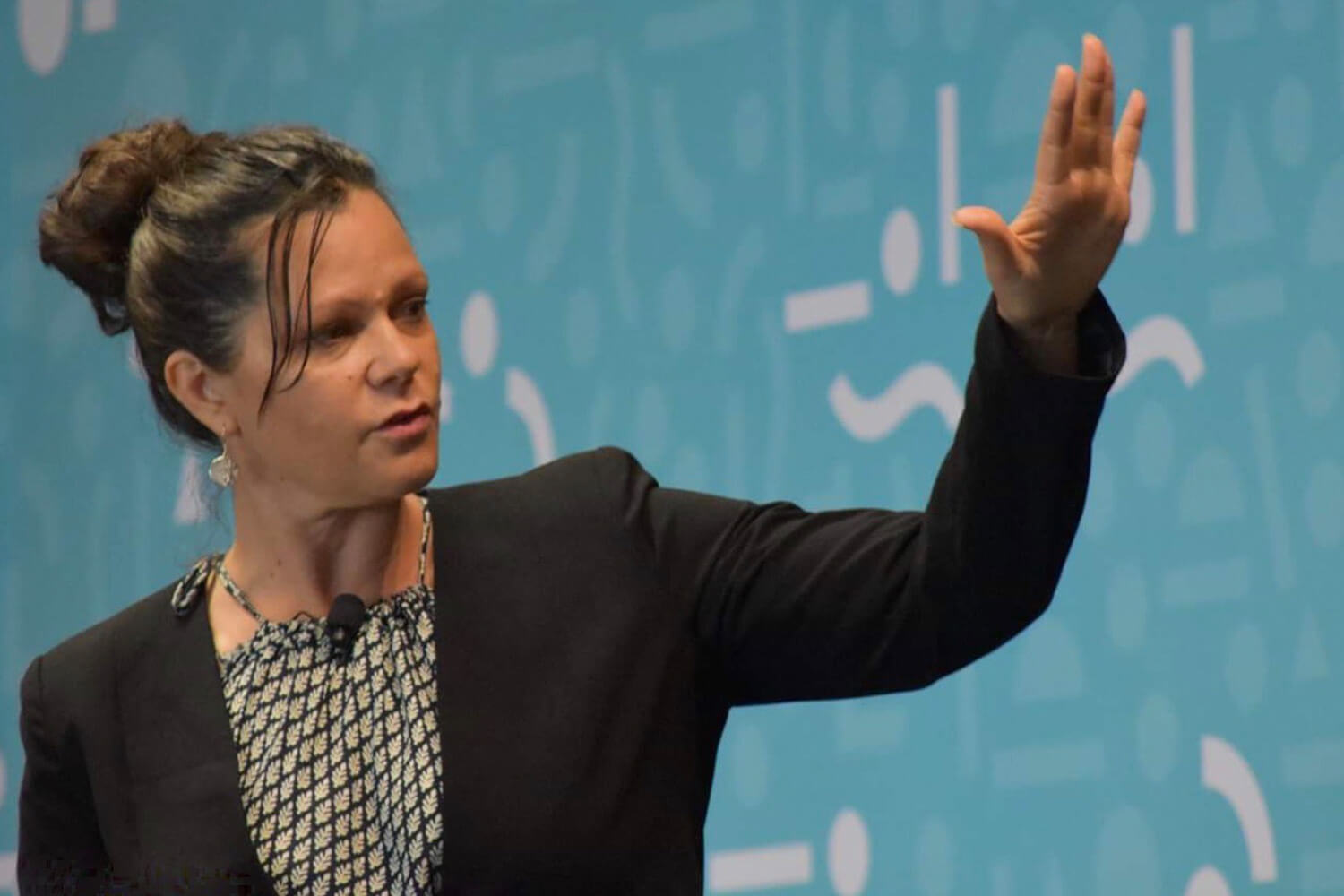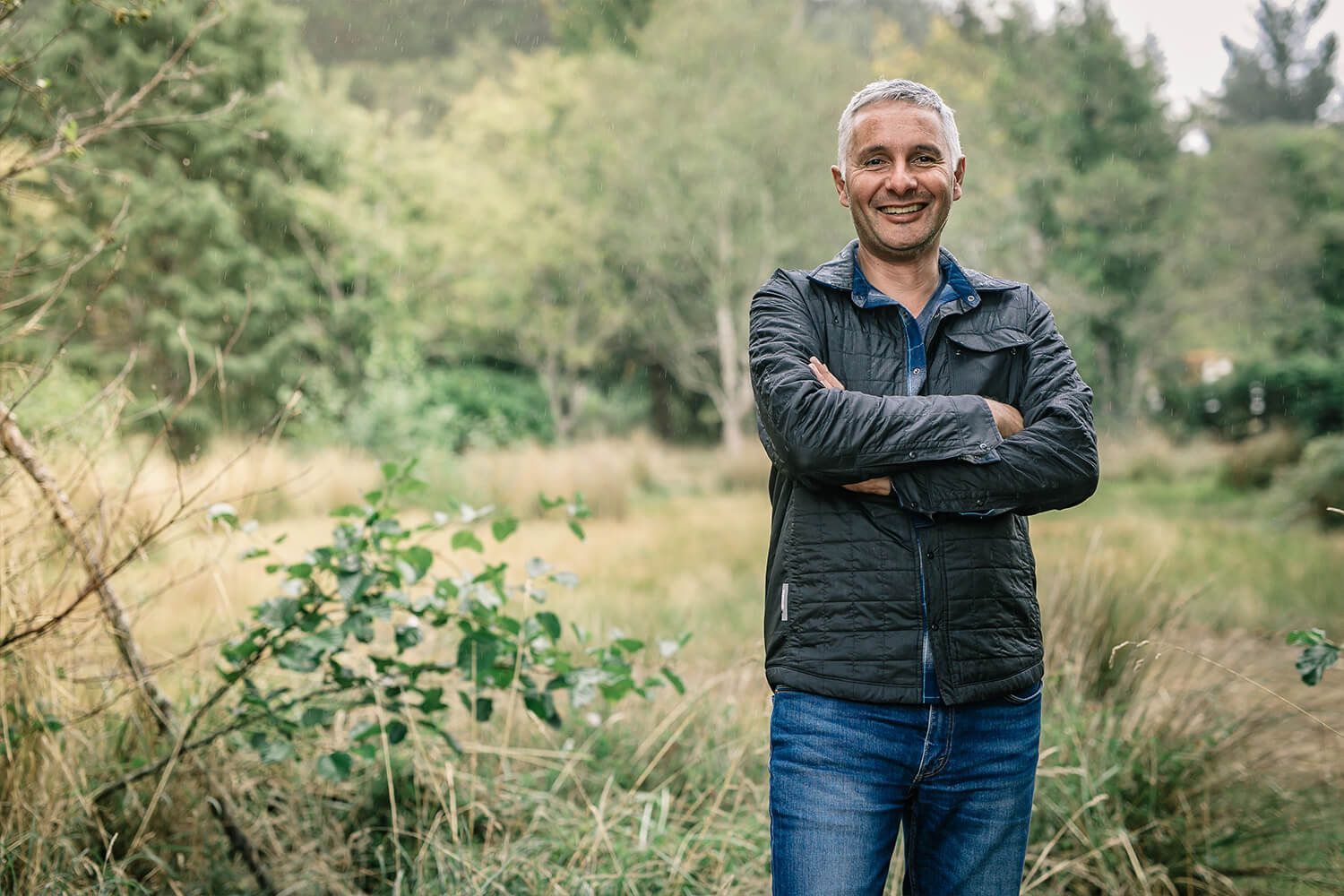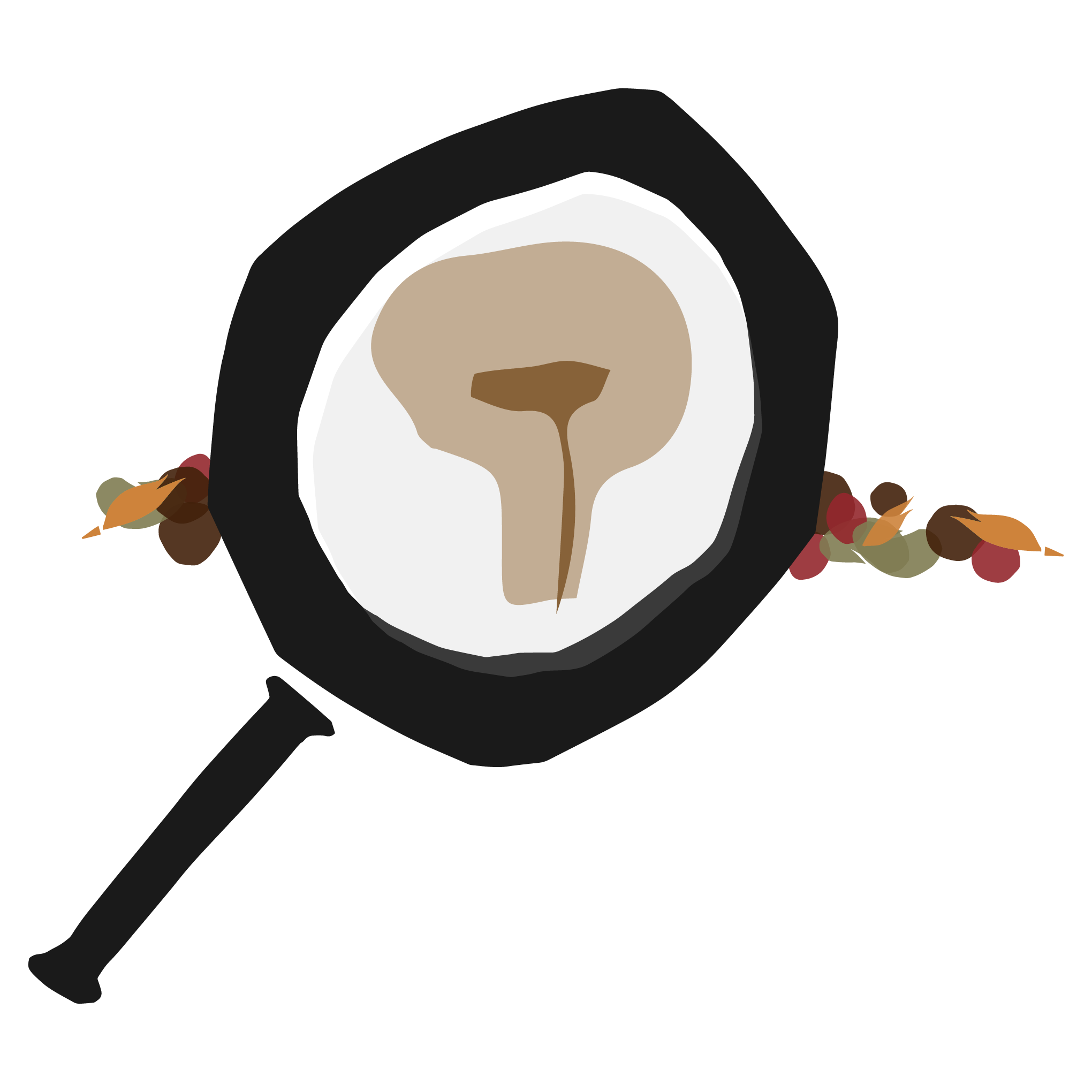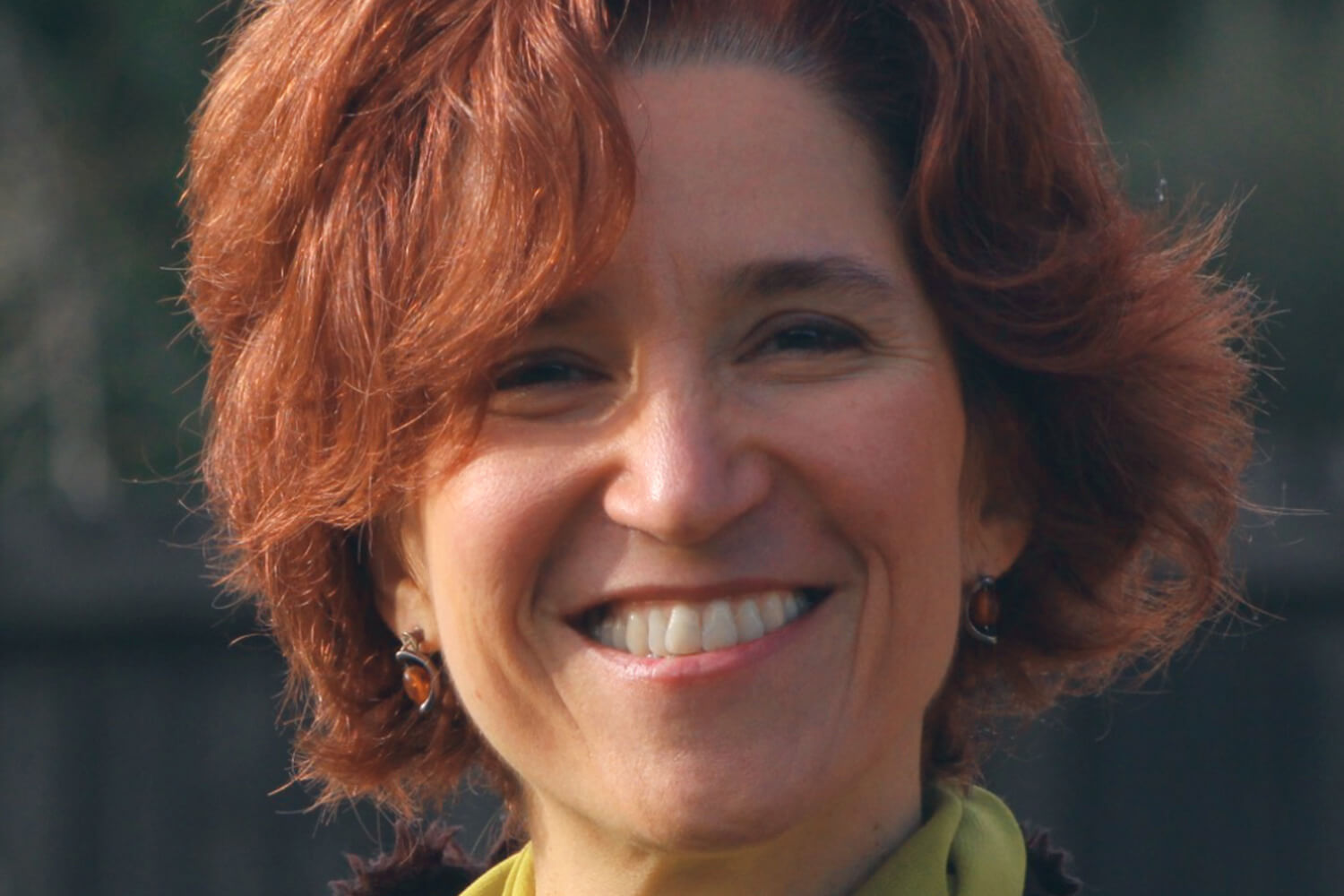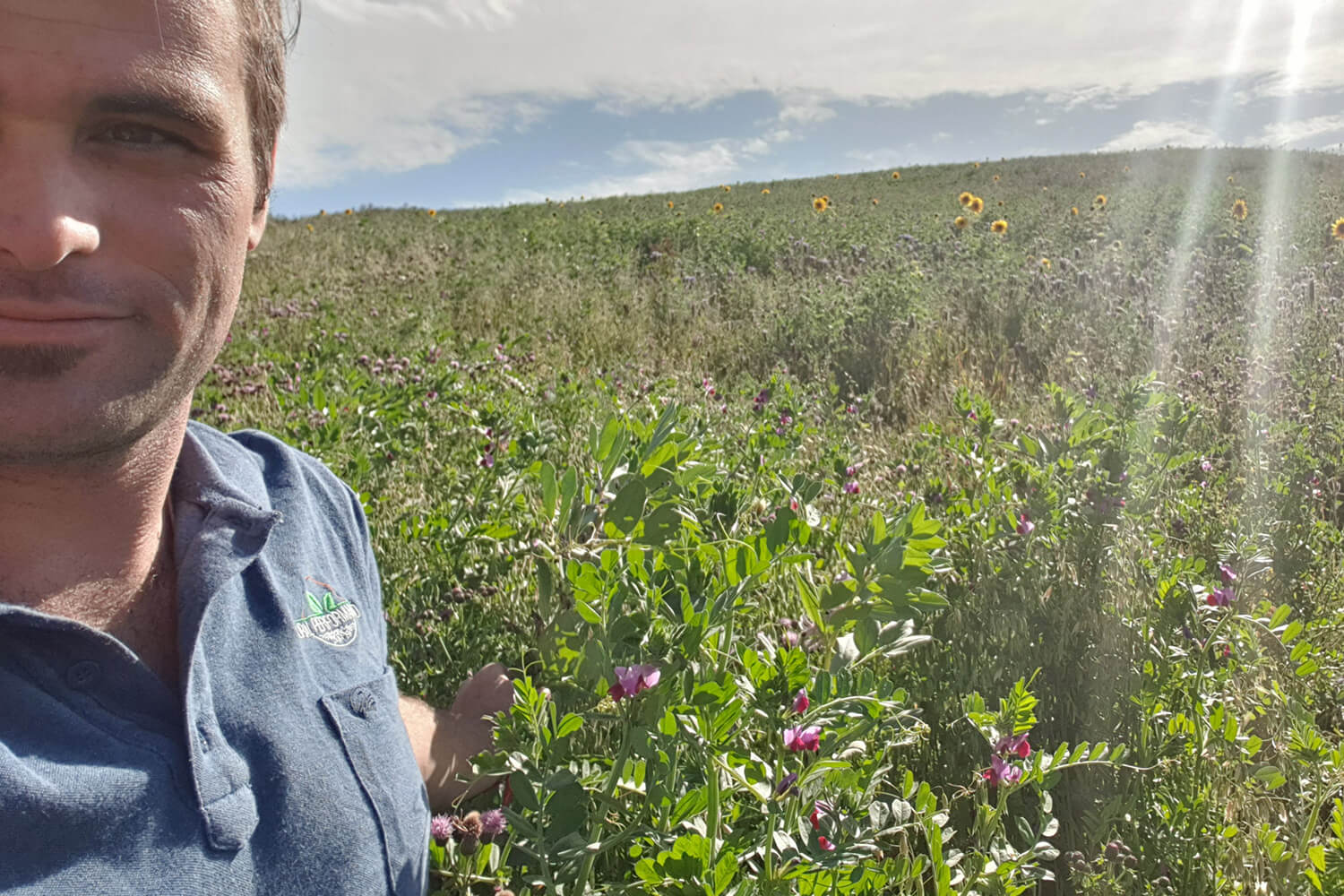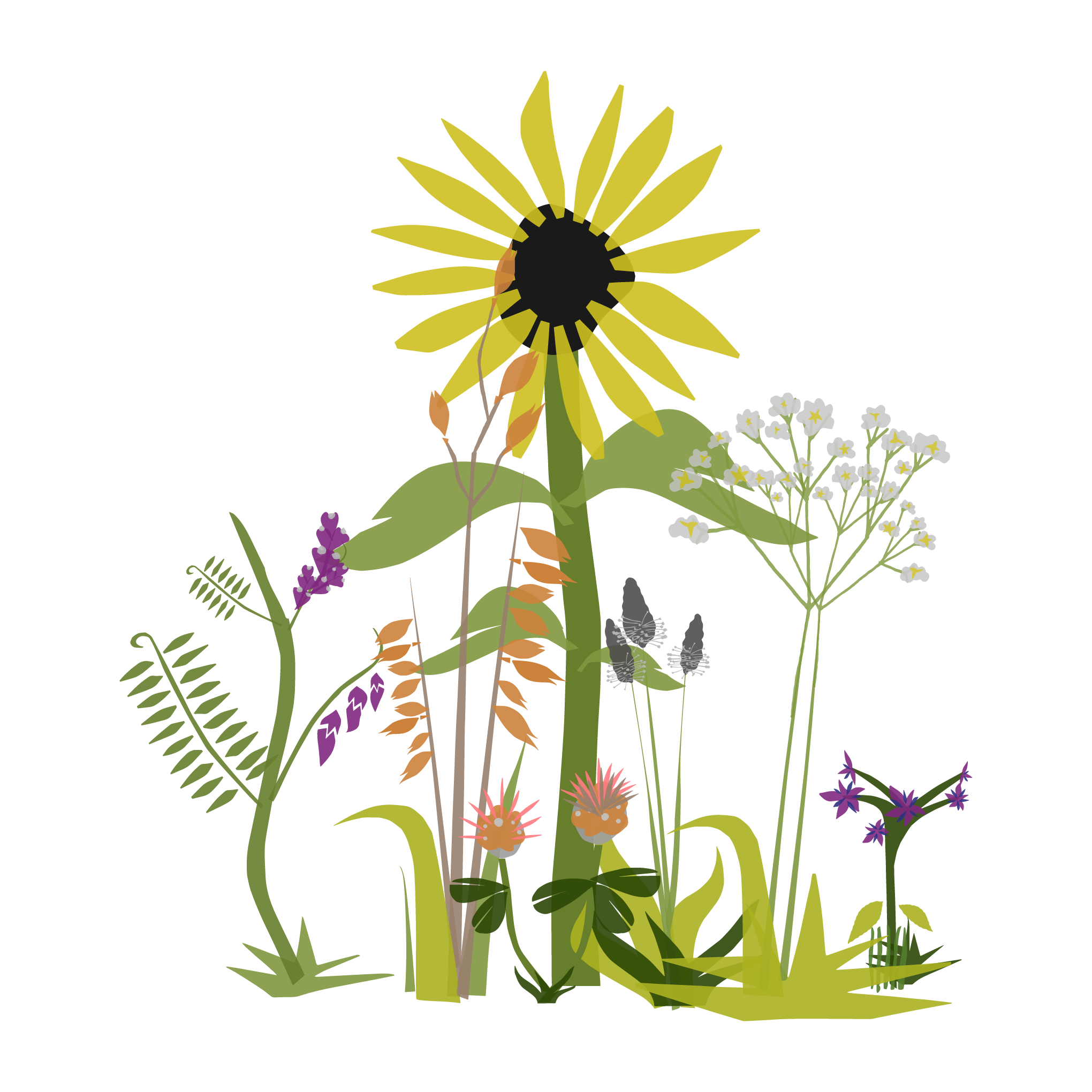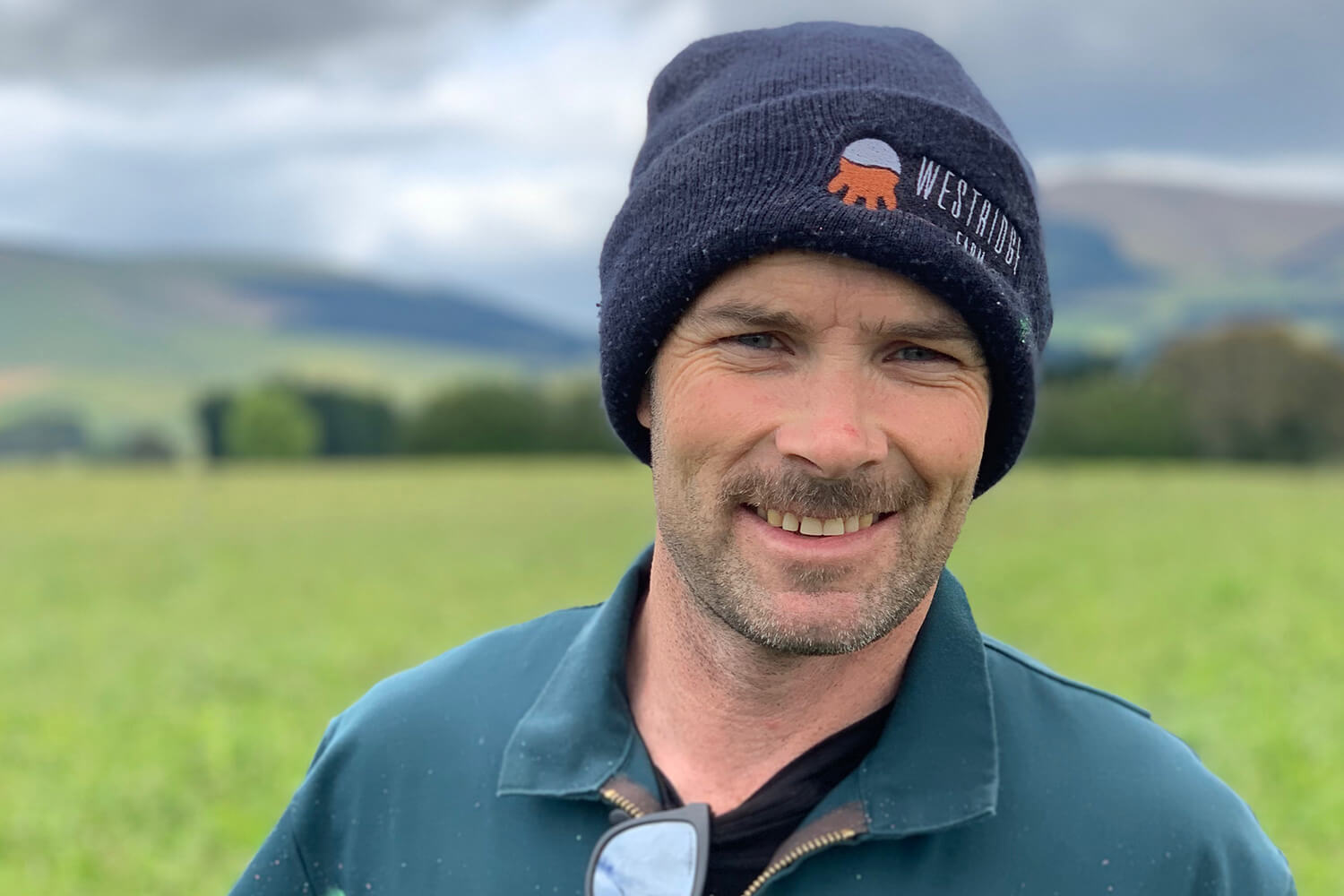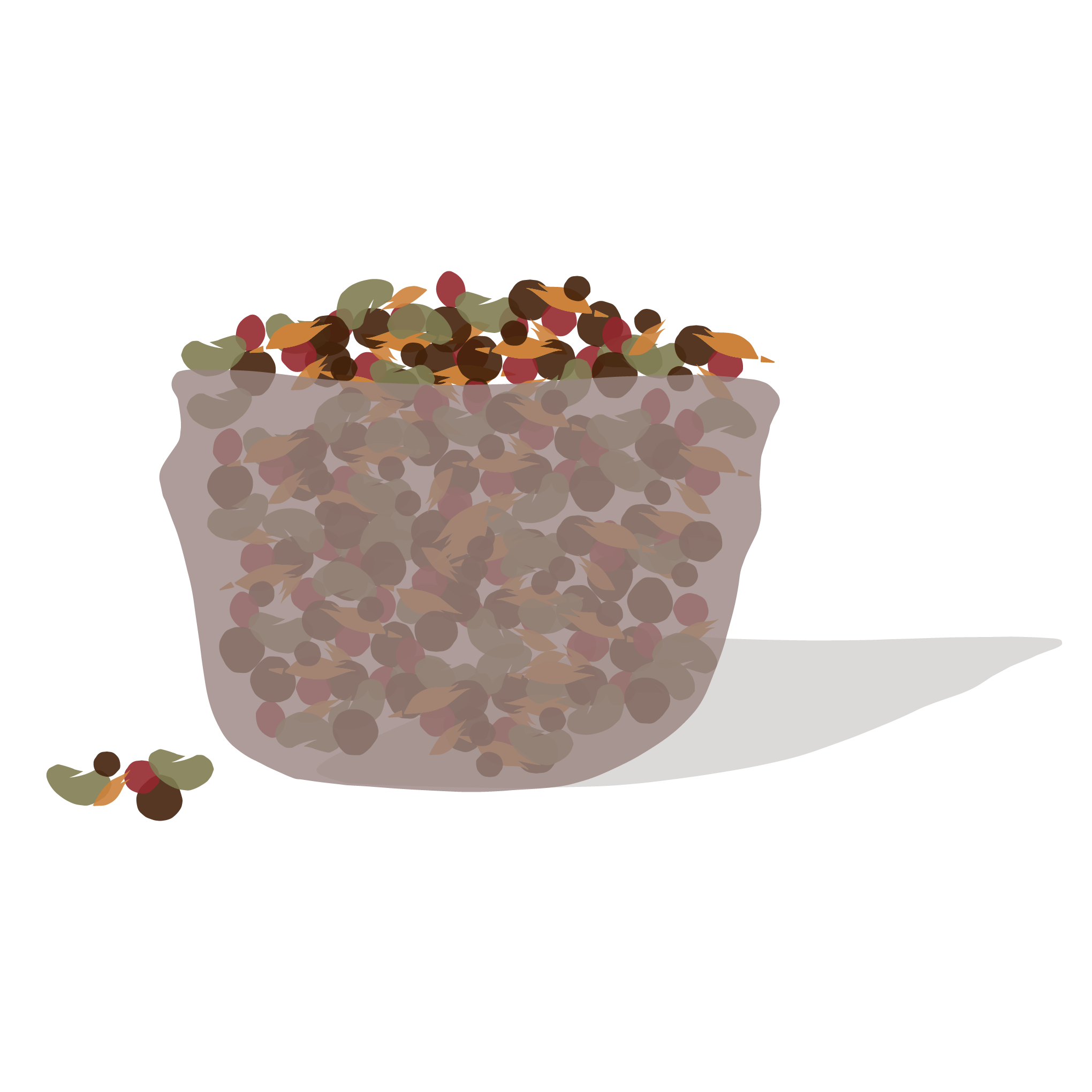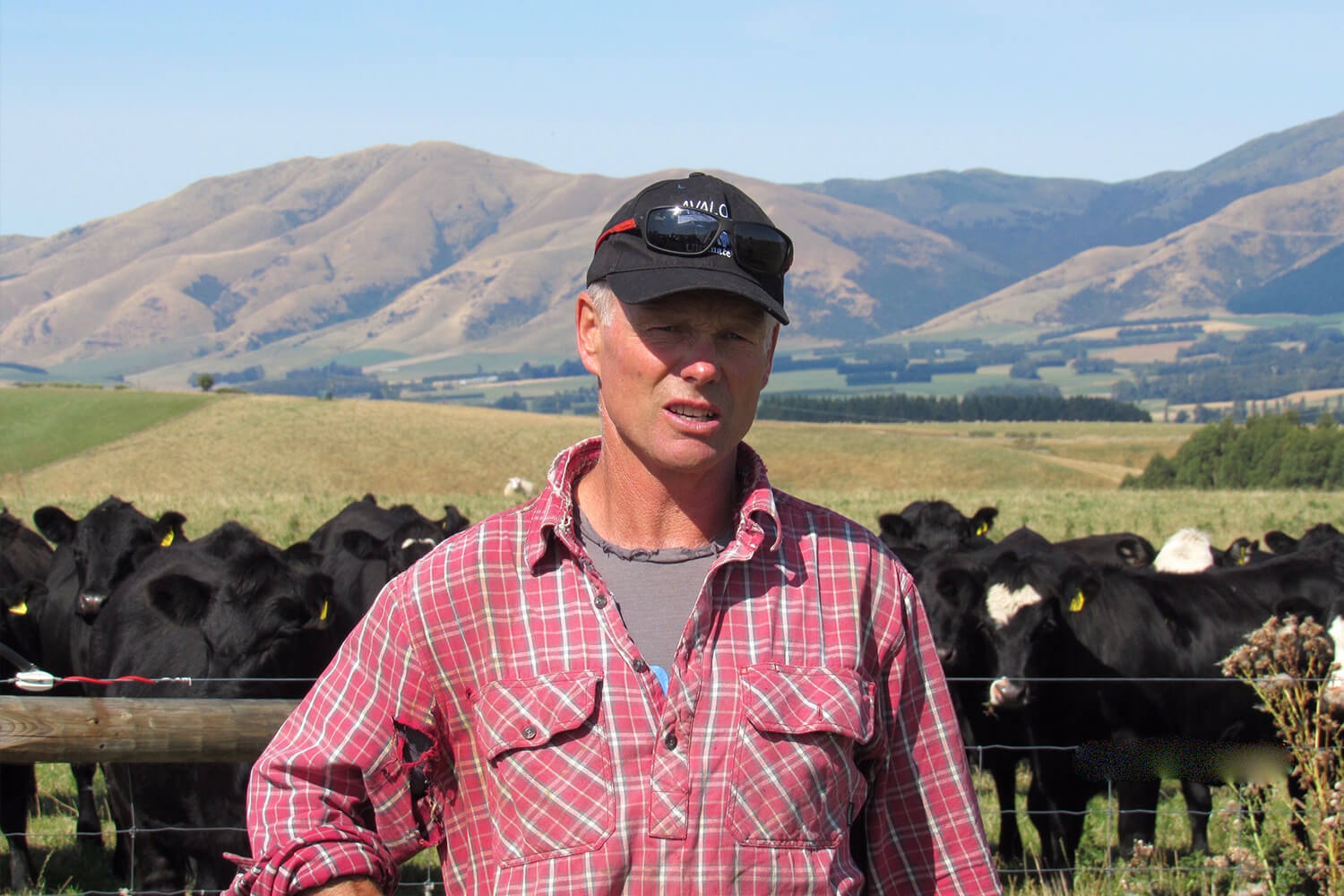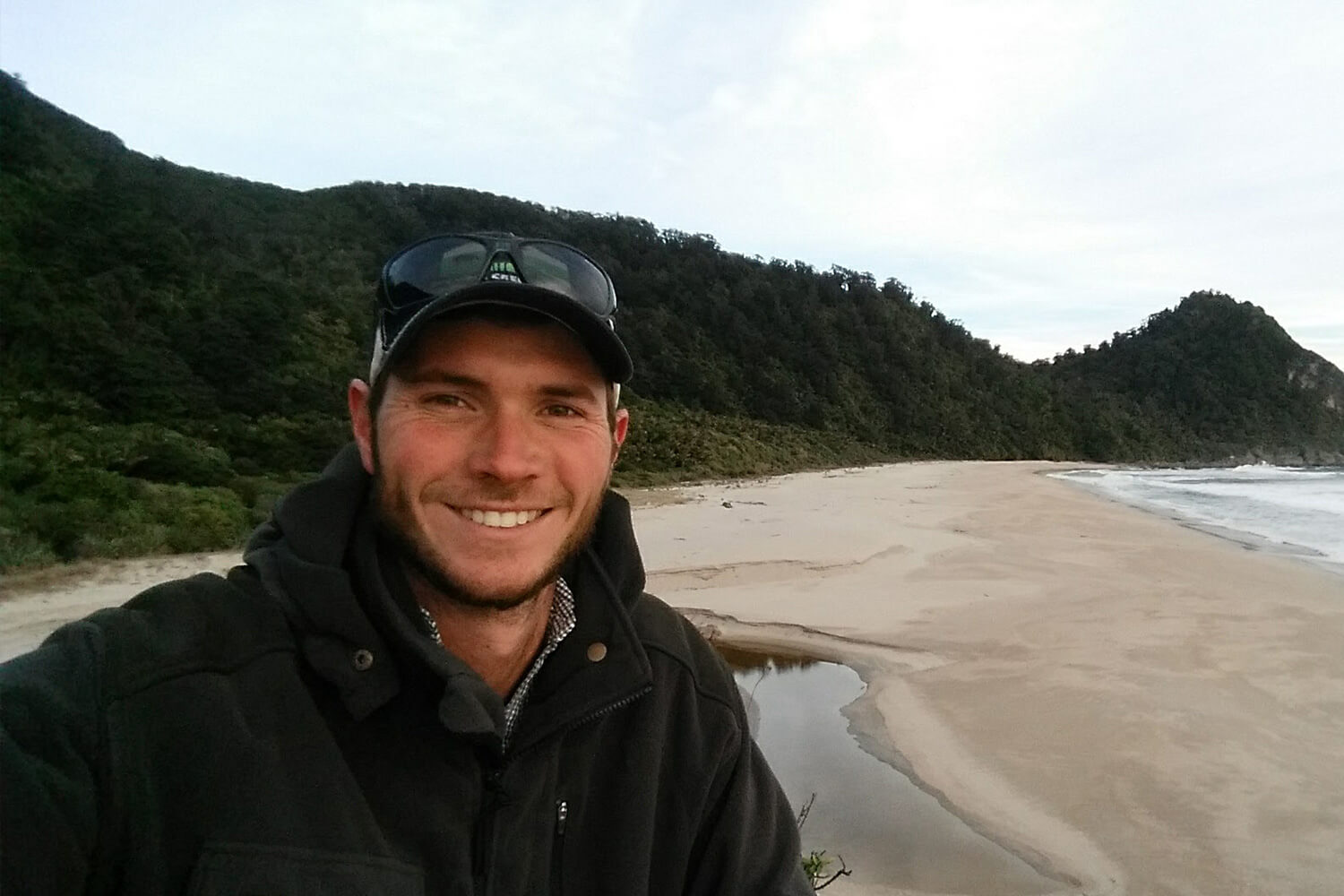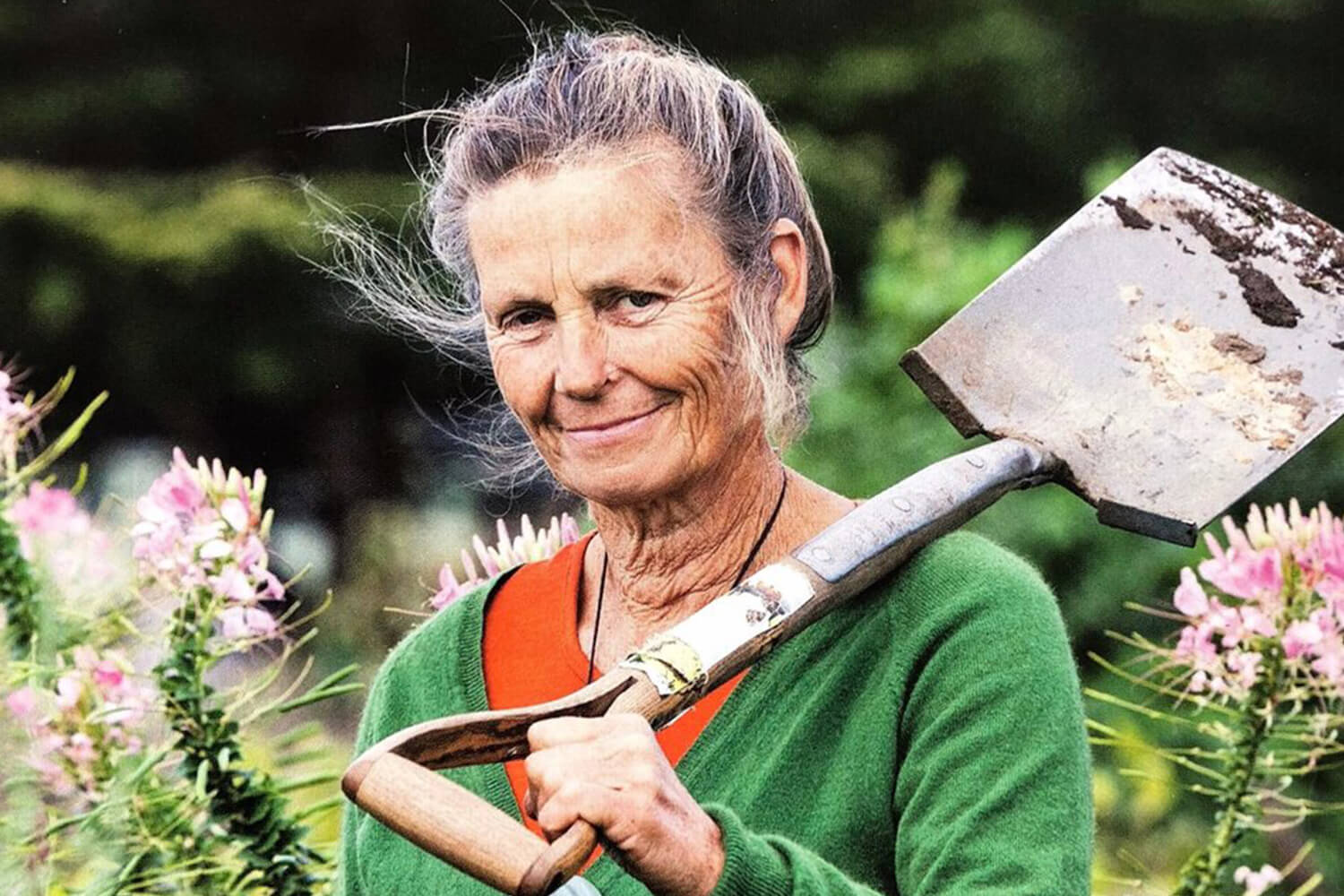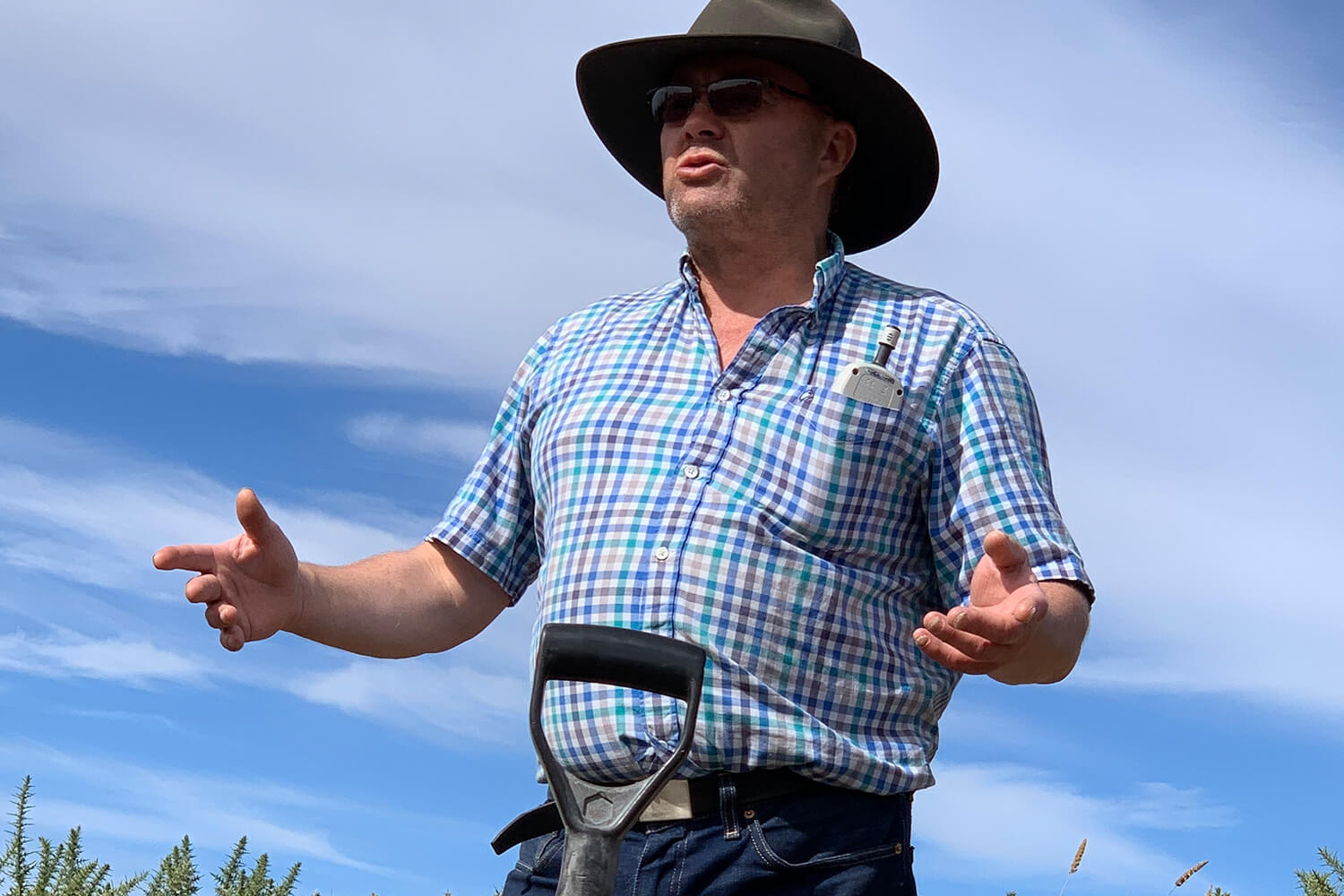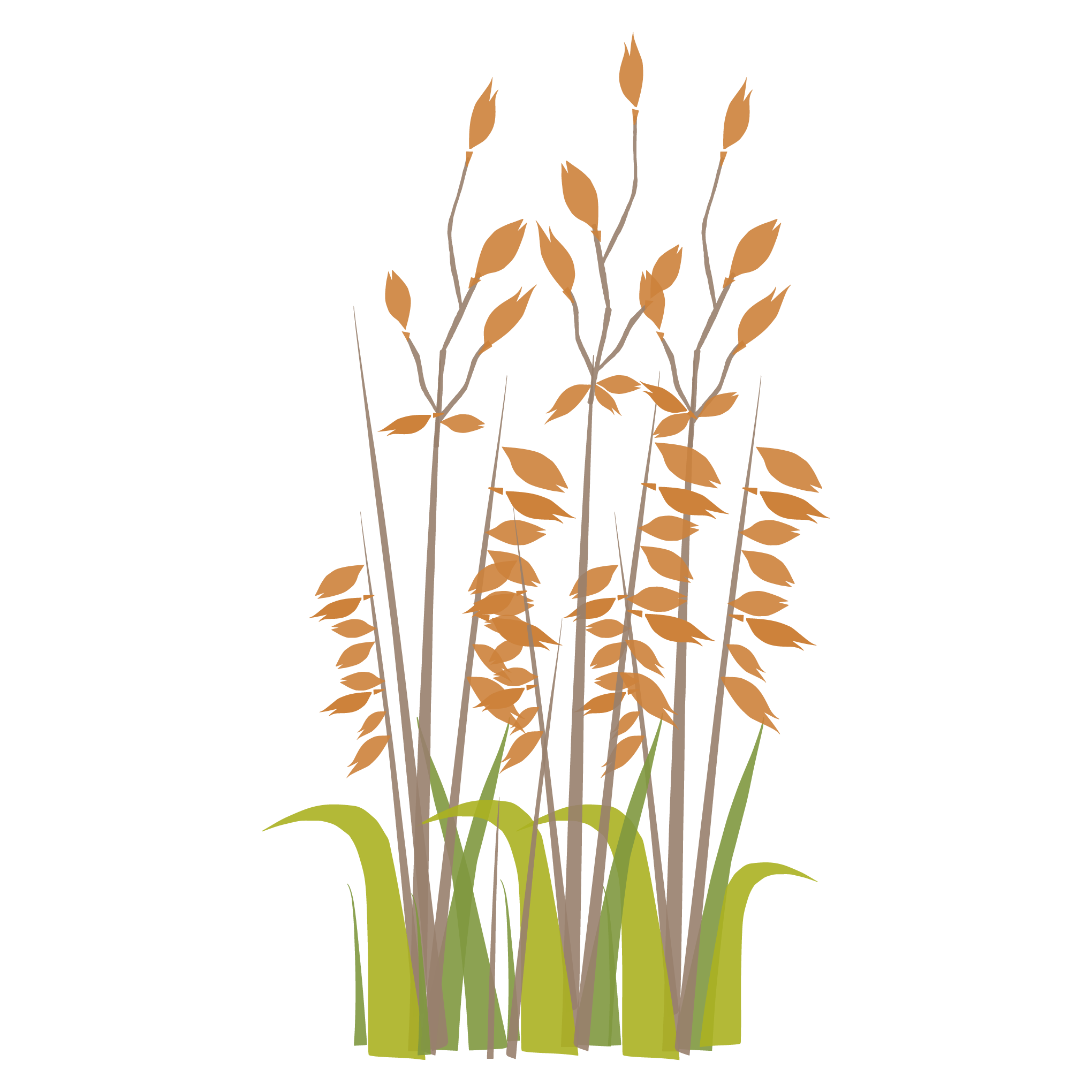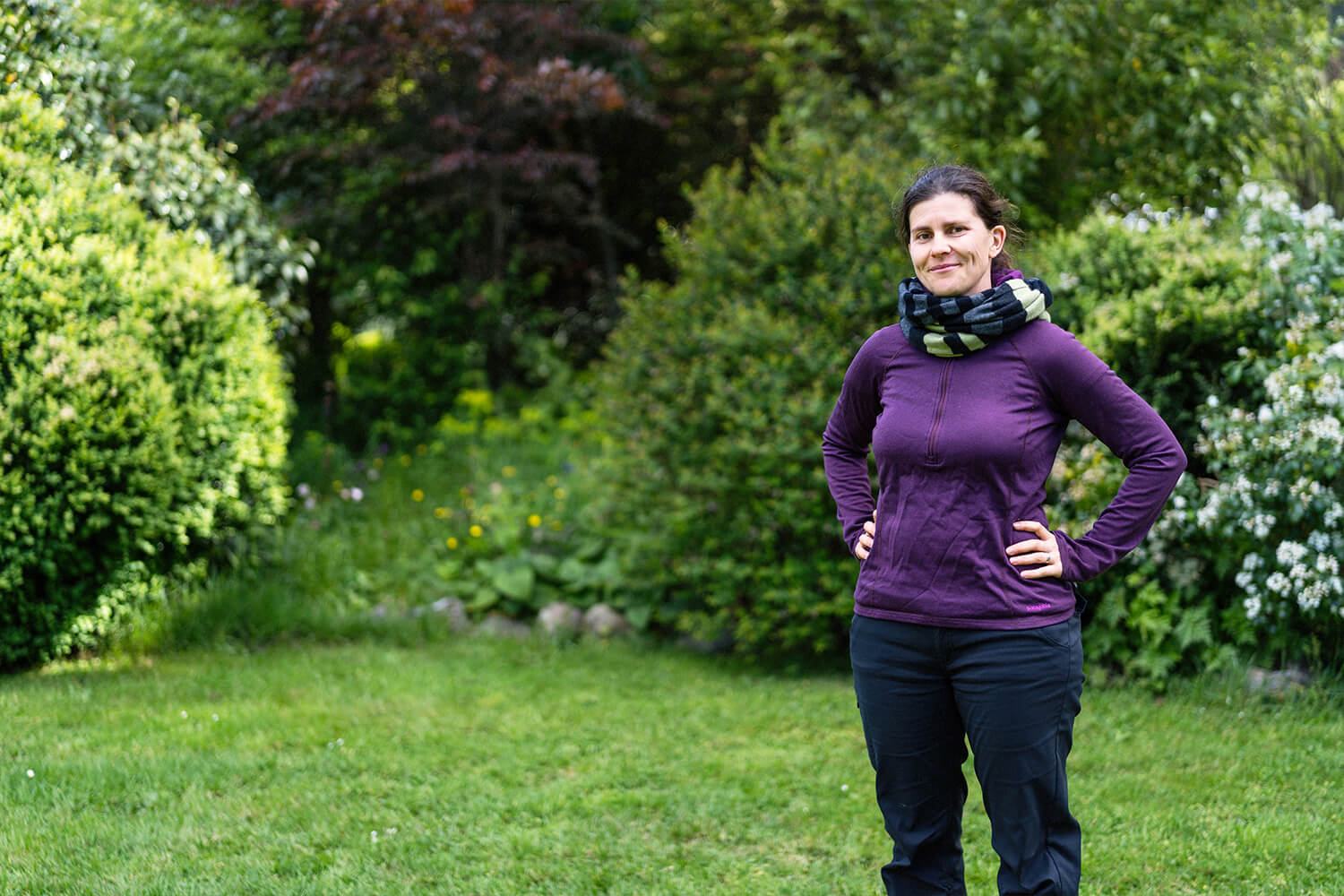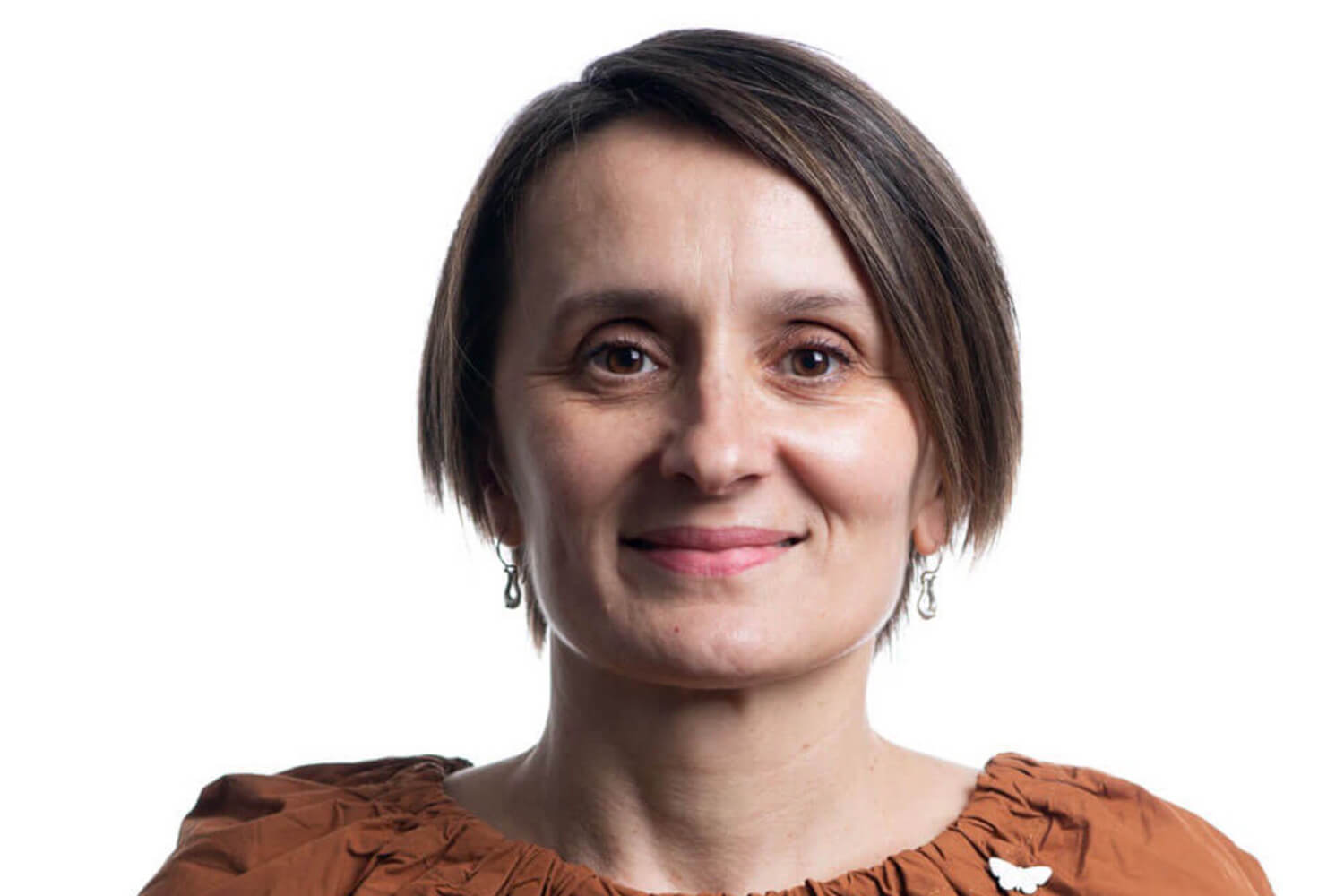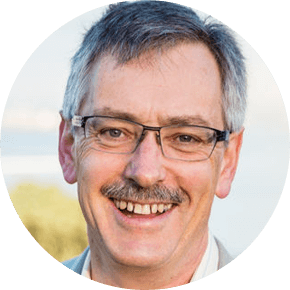
Foreword by Rod Oram
Nature’s rebound is one of the upsides of the otherwise calamitous Covid-19 crisis. Atmosphere and waters cleared, the land quietened, and birds, fish and animals returned. When we took our foot off the neck of nature, she responded with renewed vigour and resilience. But we gave nature only a temporary reprieve while lockdown lasted.
Speed is another surprise about the virus, in ways frightening and uplifting. It is spreading with astonishing speed through the human population. Harmless to the bats it came from, it is deadly to some people it attacks. Yet, people have responded fast, individually and collectively, magnificently and abysmally. One way or another, humankind is getting through this crisis.
We could choose to ignore these lessons of nature and speed. We could carry on the way we were before the virus struck. If so, nature would respond ever faster to the destructive pressure we humans put on it. Climate catastrophe, species extinction, ecosystem destruction and degradation of air, water and soil would all accelerate with frightening speed. With every species we eliminate, we break one more thread in the web of life.
Or we could choose to apply these lessons to our relationship with the planet. If we did, we would help nature restore the living systems on which human life utterly depends. We could make our towns and cities healthier and more productive, in terms human and natural. Ways to do so include travelling less by relying more on virtual communications and walking, cycling and public transport; by restoring our urban rivers and coastal waters; and by bringing more of nature back into our urban environments to help us feed ourselves and restore our urban ecosystems.
Beyond our towns and cities, we could help nature rebuild its diversity and vitality, resilience and fecundity in all of Aotearoa’s land, waters, atmosphere and oceans. Ways to do so include eradicating predators from our native bush; helping threatened species recover; making infrastructure compatible with natural environments; ensuring tourism and other human activity don’t degrade pristine places; and using natural resources in ways that help renew and regenerate the ecosystems which provide them to us.
An inexorable logic runs through these great ambitions.
We must learn how to work with nature, not against it.
In all we do.
One expression of this is the regenerative economy. This is a radical change from the exploitive economy which has driven human progress through the two centuries of industrialisation to date. The bankruptcy of the exploitive economy is abundantly clear. One measure of its ecological failure is our breaching of some of the nine planetary boundaries defined by Earth systems science. One measure of its economic and social failure is the UN’s Human Development Report. Of all the enormous challenges of creating a regenerative economy, the greatest is learning regenerative ways to use land to grow food. Yet, doing so will have multiple benefits to the planet and people. It is the bedrock on which we can build sustainable human societies.
Read Article




 WATCH THE WEB SERIES
WATCH THE WEB SERIES